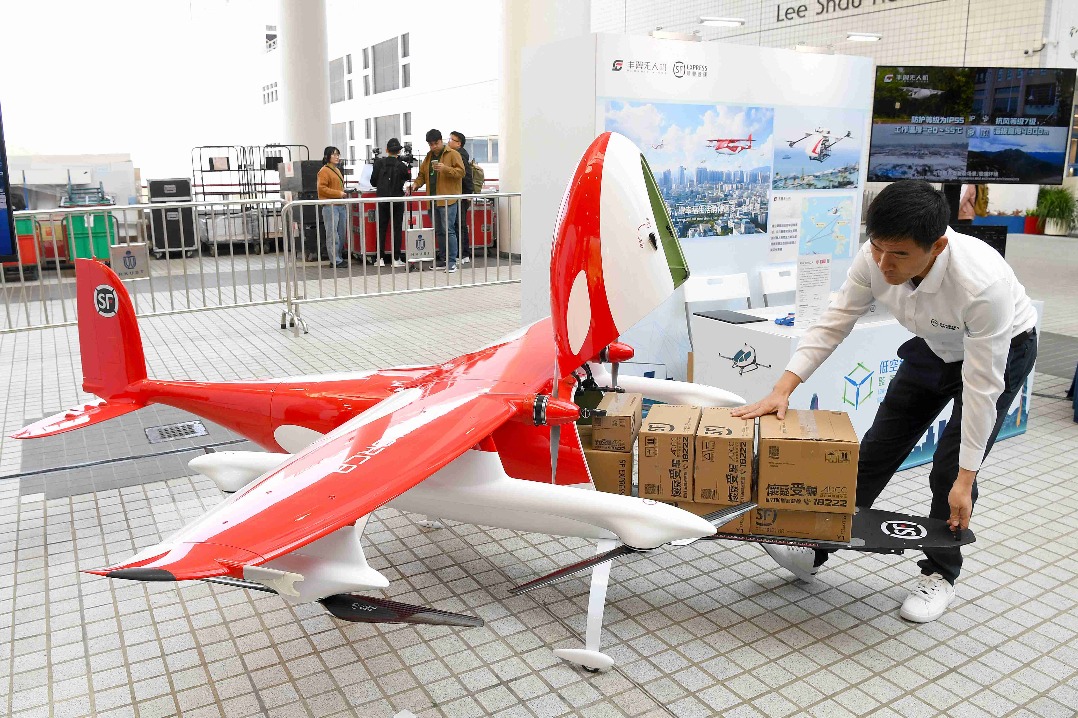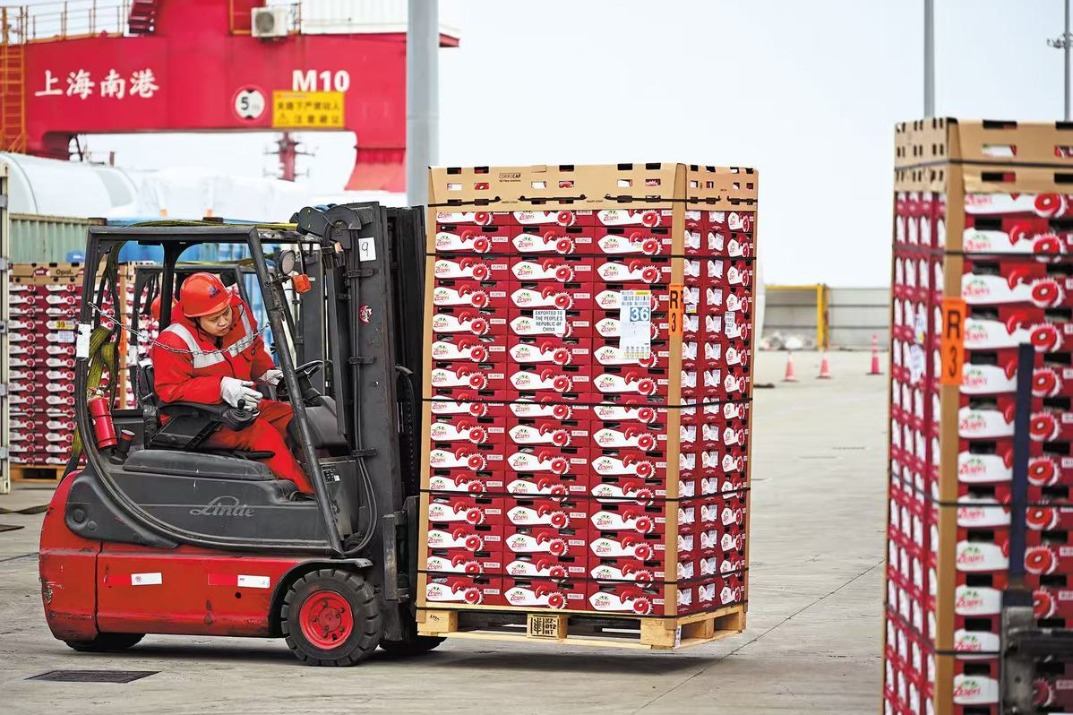Kazakhstan role as business, logistics gateway stressed
At event in Hong Kong, speakers lay out Astana's advantages in serving as a channel for Eurasia trade

The shifting geopolitical landscape and the US tariffs uncertainty is prompting countries to explore new routes to external markets and reassess traditional logistical pathways, experts said at a forum on May 22.
At an "AIFC Connect" event in Hong Kong aimed at strengthening business ties between Astana and Hong Kong, participants spoke of the potential that Kazakhstan especially holds as a gateway for Eurasian trade linkages.
Renat Bekturov, governor of the Astana International Financial Centre, said that "with its strategic location at the crossroads of Europe and Asia, Kazakhstan has direct access to the key markets of the Eurasian Economic Union, China, and the Caspian region".
With the changing global landscape, the Middle Corridor (also called the Trans-Caspian International Transport Route, or TITR), a trade route from Southeast Asia and China to Europe through Kazakhstan, Caspian Sea, Azerbaijan, Georgia and Turkiye, is gaining prominence for linking Europe and Asia.
"It has become a resilient route for diversifying and strengthening trade and economic relations across Eurasia," Bekturov added.
Yang Zhao, managing director of the CICC (China International Capital Corporation) Global Institute, provided an overview of trade and economic cooperation between Kazakhstan and China, and said that given the current geopolitical and the geoeconomic realities, he is hugely optimistic about the prospects for China-Kazakhstan cooperation in the future.
He noted the increasing market-driven nature of both economies, and the strengthening trade relationship between the two sides over the years, with a positive outlook for future growth.
The capital market connection between Kazakhstan and China also becomes key. In this, the Hong Kong Special Administrative Region (SAR) is of big help as an international financial center.
Nicholas Ho, Hong Kong's commissioner for Belt and Road, said that Hong Kong is dedicated to supporting Kazakh companies through the SAR's extensive trade networks, particularly in the Greater Bay Area (GBA) and the ASEAN region.
"We can adopt a hub-to-hub model, positioning Kazakhstan as Hong Kong's hub in Central Asia," he said.
"In turn, Hong Kong can serve as Kazakhstan's gateway to the GBA and ASEAN, fostering deeper collaboration and expanding access to a broader marketplace."




































